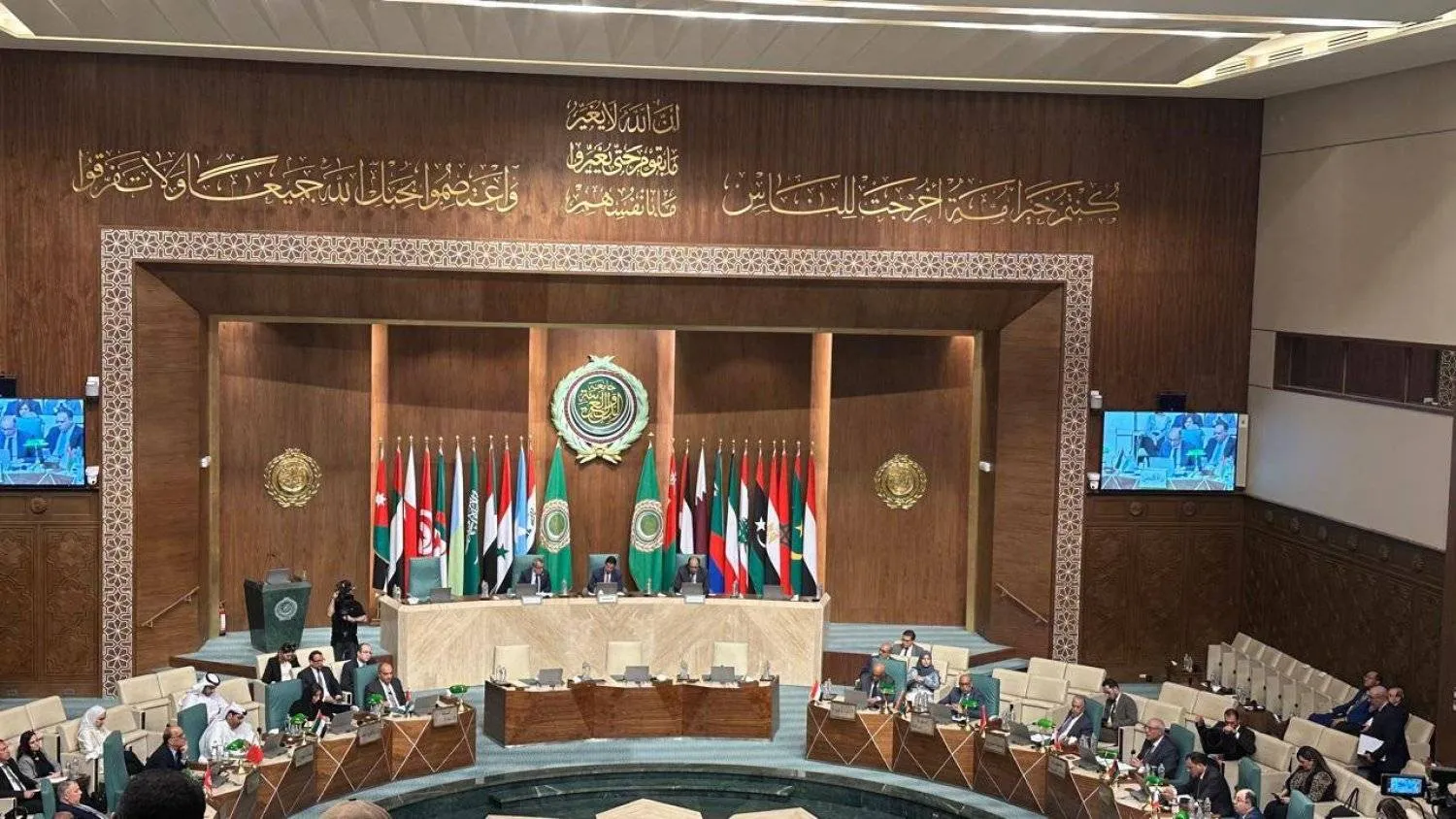The Arab League Council at the level of permanent delegates called Thursday on the international community and the Security Council to intervene to immediately stop the mass genocide in the Gaza Strip, and to also prosecute Israel for its crimes.
The call was made at the extraordinary session of the league's council, chaired by Yemen (temporary presidency of the ministerial council) at the behest of Palestine.
The Council commissioned the Arab group in New York to begin with studying steps to freeze the participation of Israel in the UN General Assembly because it does not abide by principles of the UN Charter and poses threats to international security and peace.
Participants reiterated support of all measures and policies taken by Egypt to confront the consequences of the Israeli aggression on Gaza, prevent liquidation of the Palestinian cause and defend its national security which is part and parcel of Arab national security.
Egypt, along with Qatar and the US, play a role in mediating a truce agreement in Gaza. Cairo has repeatedly rejected the displacement of Palestinians to Sinai and promised to “settle the Palestinian issue.”
The Arab League Council also warned against Israel's ongoing use of excessive force in its occupation, describing it as a genocide against the Palestinian people.
It criticized Israel's refusal to abide by relevant UN Security Council resolutions calling for ceasefire and the International Court of Justice's binding orders to stop killing civilians and harming them physically and mentally.
The AL Council also expressed regret over the Security Council's failure to assume its responsibilities in implementing the immediate and effective ceasefire as stipulated in Resolution 2735, dated 6/10/2024, in a way that would facilitate the entry of relief and humanitarian aid into the Gaza Strip.
It called on the international community to exert pressure and implement punitive measures to compel Israel to halt its illegal annexation and settlement practices, which undermine the prospects for peace and a two-state solution.
The Council condemned the undermining of civil and economic powers of the Palestinian government in about 80 percent of the occupied West Bank.
Furthermore, it requested the General Secretariat to coordinate with member states to implement the decision of the Arab Summit held in Bahrain on May 16, 2024 to include the list of extremist Israeli organizations and groups that storm Al-Aqsa Mosque and are linked to Israeli colonial settlement, and contained in the report of the Permanent Delegates Committee on the Arab national terrorist lists and announcing the list of shame.
The Council then reaffirmed the categorical rejection of the plans of the Israeli government to expel Palestinians from the Gaza Strip, emphasizing that Gaza is an integral part of the State of Palestine.









